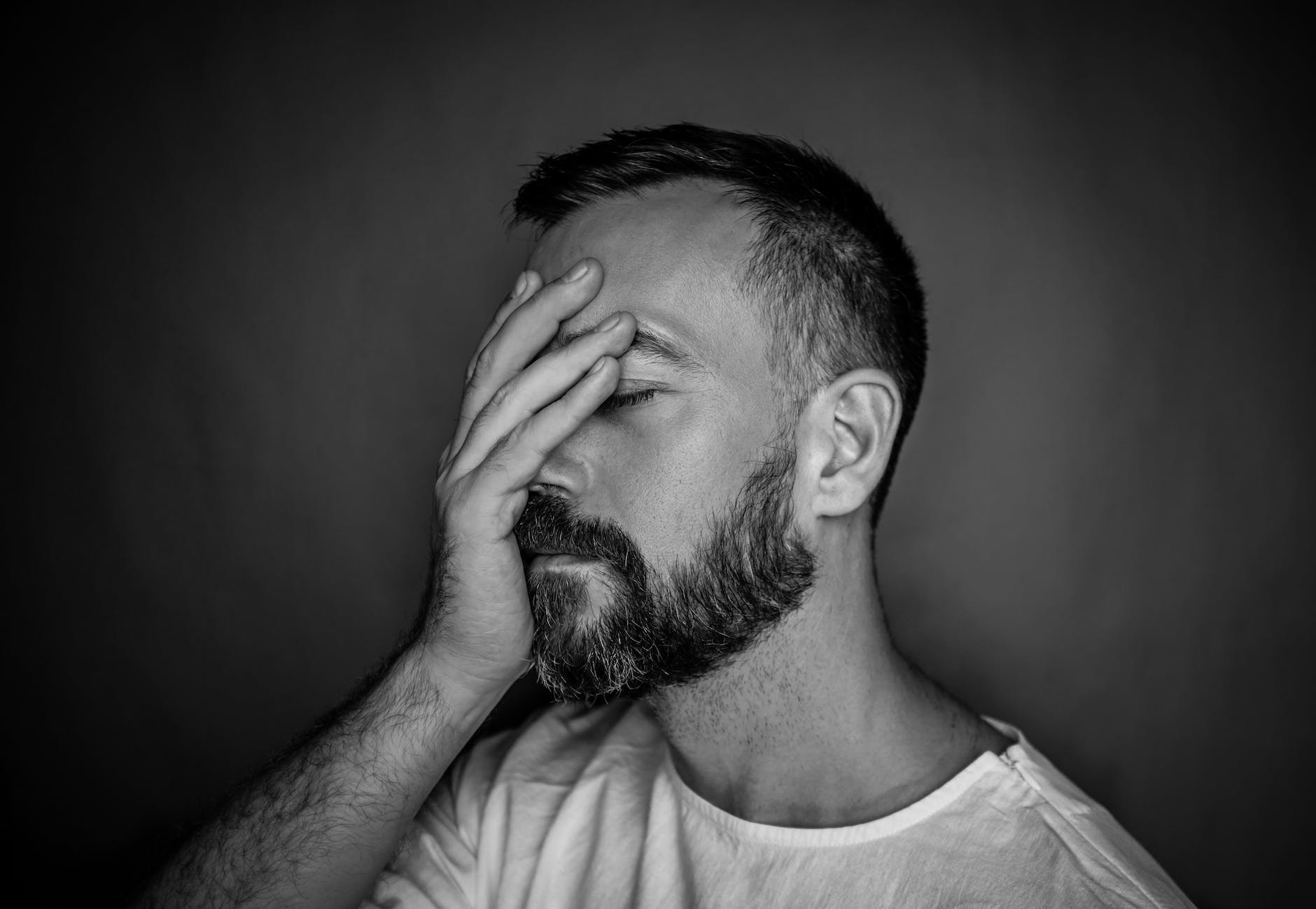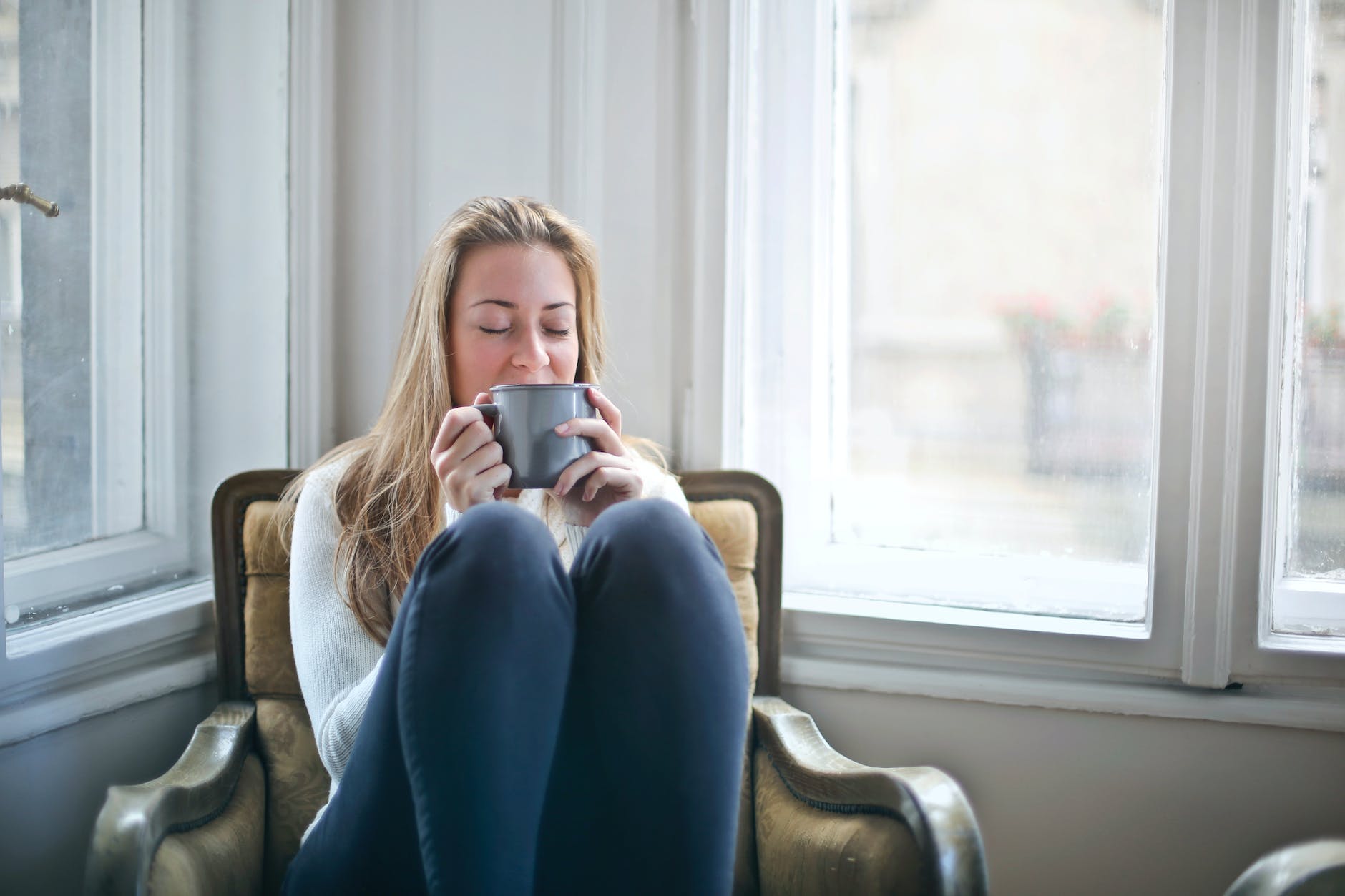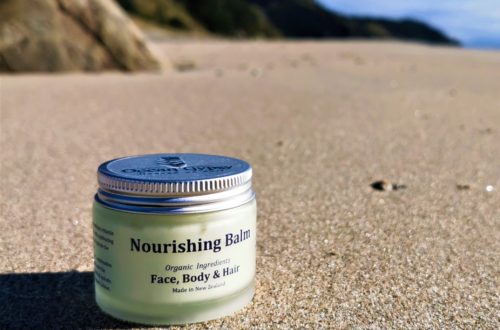Stress & Anxiety, What, Why & Tools.
Stress and anxiety are two of the most common emotional states that people experience in their daily lives. While they may have some similarities, they are distinct emotional states that can affect people in different ways.

What is Stress?
Stress is a natural response that the body produces when it feels threatened or under pressure. It is a way of preparing the body to respond to a perceived danger or challenge. The stress response is also known as the “fight or flight” response because it helps the body to either fight off the danger or escape from it.
In the past, the stress occurred to imminent danger such as an attack from a neighbouring aggressive tribe or prolonged stress of lack of food due to a drought. But in modern times stress comes from situations and events such as work-related pressure, financial difficulties, relationship problems, and health concerns.
What is Anxiety?
Anxiety is a feeling of apprehension or unease that is often accompanied by physical symptoms such as increased heart rate, sweating, and muscle tension. It is a normal response to stress or danger, but it becomes a problem when it is excessive or persists for a long time.
Anxiety can be caused by a range of factors, including stress, trauma, and chemical imbalances in the brain. It can also be triggered by specific situations or objects, such as social situations or flying on a plane.
Anxiety is the response to a thought form created from an event or situation in the past. When cues occur such as a job interview, the subconscious mind goes back for example to childhood and the time of being judged on the ability to pass a test at the age of seven. This sets up a thought form in the subconscious mind creating a physical response when the same factors arise in life. The subconscious mind goes back to when you were seven years old and taking that test. Anxiety can layer up each time the same emotions from the event are activated. This mechanism was created to keep you safe but is adulthood may not be required to such a degree or not at all.
What are the Differences between Stress and Anxiety?
While stress and anxiety are similar in many ways, they have some key differences. Stress is a response to a specific situation or event, while anxiety is a more general feeling of unease or apprehension. Stress tends to be short-term and often goes away once the stressful situation is resolved, while anxiety can persist for long periods of time. If stress is pro-long and layers of stress occur the nervous system can end up in a continuous state of stress, which as humans we are not designed to be in. This is where physical symptoms start occurring such as frequent headaches, tension in the shoulders and general illness even dis-ease. Also, prolonged stress can cause anxiety to become more frequent.
Stress is often characterized by physical symptoms such as headaches, muscle tension, and fatigue. Anxiety, on the other hand, is often accompanied by psychological symptoms such as excessive worrying, irritability and difficulty concentrating.
How are Stress and Anxiety Created?
Stress and anxiety can be created by a range of factors, including external and internal factors. External factors include situations or events that trigger a stress response, such as work-related pressure or financial difficulties. Internal factors include physical factors such as illness or lack of sleep, as well as psychological factors such as negative thoughts and emotions.
When the body perceives a threat or danger, it activates the stress response, which triggers the release of hormones such as adrenaline and cortisol. These hormones help to prepare the body to respond to danger by increasing heart rate, blood pressure, and breathing rate. This can cause physical symptoms such as sweating, muscle tension, and nausea.

How Can Stress and Anxiety Be Reduced?
Stress and anxiety can be reduced through a range of strategies, including lifestyle changes, therapies such as hypnotherapy, and modern/herbal medicines. Here are some effective ways to reduce stress and anxiety:
Hypnosis: Hypnosis is a form of therapy that can help to reduce stress and anxiety by accessing the subconscious mind and getting to the root cause of the issue. It can help to change negative thought patterns and beliefs and promote positive thought patterns which include relaxation and calm.
Nutrition: Good nutrition is essential for overall health and well-being. Eating a balanced diet that is rich in fruits, vegetables, whole grains, and lean protein can help to reduce stress and anxiety.
Lifestyle changes: Making positive lifestyle changes such as getting regular exercise, getting enough sleep, and practising relaxation techniques such as meditation, Tai Chi and deep breathing can help to reduce stress and anxiety.
Herbal Medicines; Nature is our natural medicine cabinet and it has been used for thousands of years. Homeobotanical Tinctures are a powerful yet gentle way to shift the body into a calm and a balanced state of being. Homeobotanical tinctures are herbal and energy medicines which work in the energy field. They are very safe to use even with medications (but still seek advice from your local herbalist to see if they are right for you). At Intuitive Nutrition, we are trained in homeobotanical medicine and have wonderful formulations to support balancing the nervous system on all levels.
Other powerful herbal treatments are teas such as ashwagandha, tulsi tea, chamomile tea, lavender and lemon balm. See our other blog on these wonderful teas.
If you are ready to begin your wellbeing journey to balance the body, mind and spirit Book your Free Discovery Call to see how I can support you on your wellbeing journey.
Medication: In some cases, medication may be necessary to help reduce stress and anxiety. There are several types of medication that can be used to reduce anxiety symptoms, including antidepressants and anti-anxiety medications. But note all medications have side effects that impact vital organs of the body. Ask for the data sheets on the medications and assess if the medication’s side effects out way the benefits.
Consult your medical professional to see what medications are right for you, do not take other people’s medications as this can cause side effects.
It’s important to remember that stress and anxiety are natural responses that are designed to keep us safe. However, when they become excessive or prolonged, they can have negative effects on our physical and mental health. It’s important to learn effective strategies to manage stress and anxiety and to seek professional help if needed.
Three Rules of the Mind
Finally, it’s important to understand these three rules of the mind when it comes to managing stress and anxiety:
The mind and body are interconnected. Our thoughts and emotions can have a direct impact on our physical health.
What we focus on expands. When we focus on negative thoughts and emotions, they tend to become more prominent in our lives.
We can change our thoughts and beliefs. With the right tools and strategies, we can learn to change our thoughts and beliefs to promote positive mental and physical health.
In conclusion, stress and anxiety are common emotional states that can be managed effectively through a range of strategies, including hypnotherapy, nutrition, lifestyle changes and if required medications. Intuitive Nutrition Energy Clinic provides hypnotherapy, nutrition consultations & homeobotanical remedies that can help to promote healthy thought patterns and support stress and anxiety reduction.
Suicide Crisis Helpline;
If you or someone you know is experiencing suicidal thoughts, it is important to seek help immediately. In New Zealand, you can contact the Suicide Crisis Helpline by calling 0508 TAUTOKO (0508 828 865). The helpline is available 24 hours a day, 7 days a week, and provides confidential support and advice to those in crisis. The trained counsellors can help you explore your feelings, develop coping strategies, and connect you with local mental health services. Remember, you do not have to face these thoughts alone, and seeking help is a courageous step towards healing and recovery.
Disclaimer: The information provided on this blog is for general informational purposes only and should not be construed as medical advice or used as a substitute for professional medical advice, diagnosis or treatment. Always seek the advice of your physician or other qualified healthcare provider with any questions you may have regarding a medical condition. Never disregard professional medical advice or delay in seeking it because of something you have read on this blog. Reliance on any information provided on this blog is solely at your own risk. The author(s) and publisher of this blog are not responsible for any errors or omissions in any content herein.


